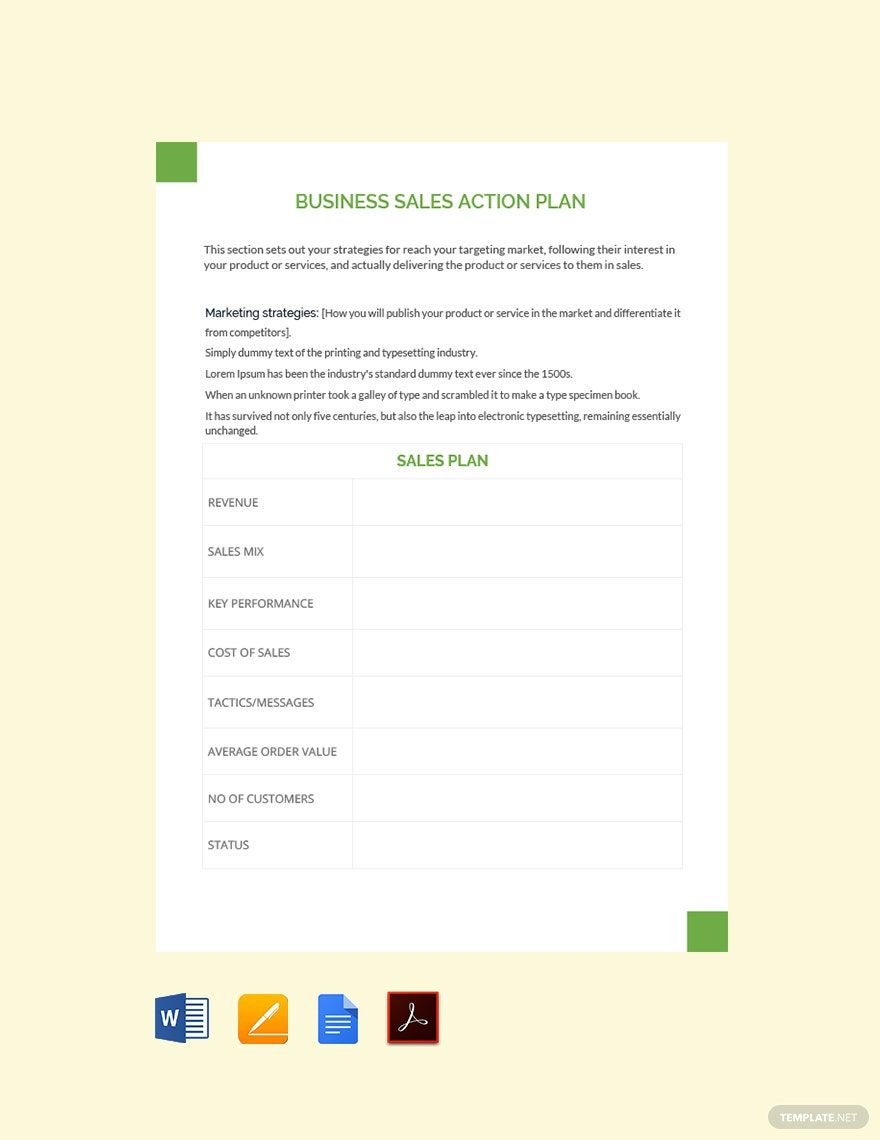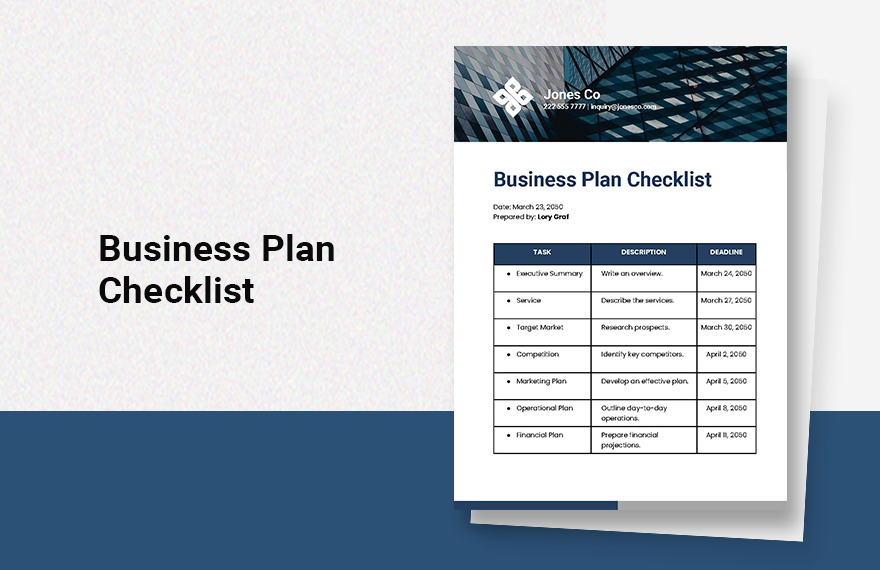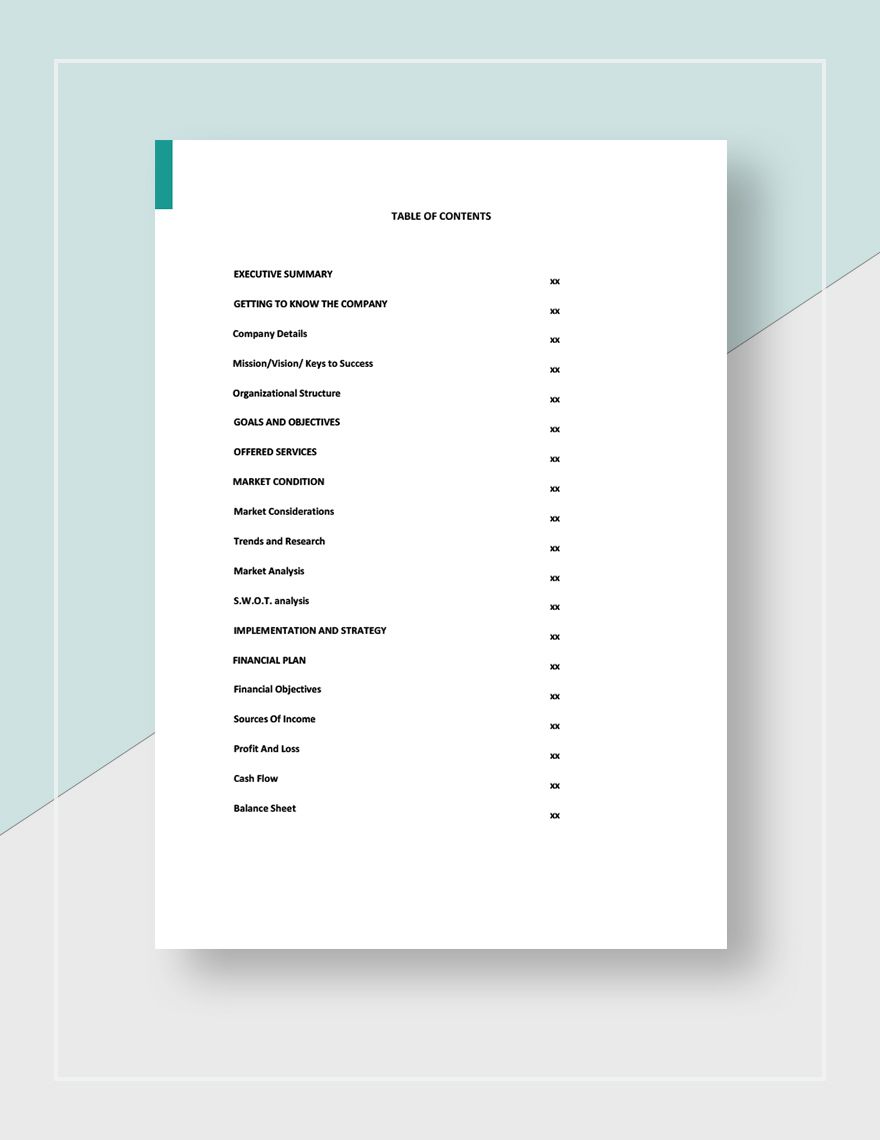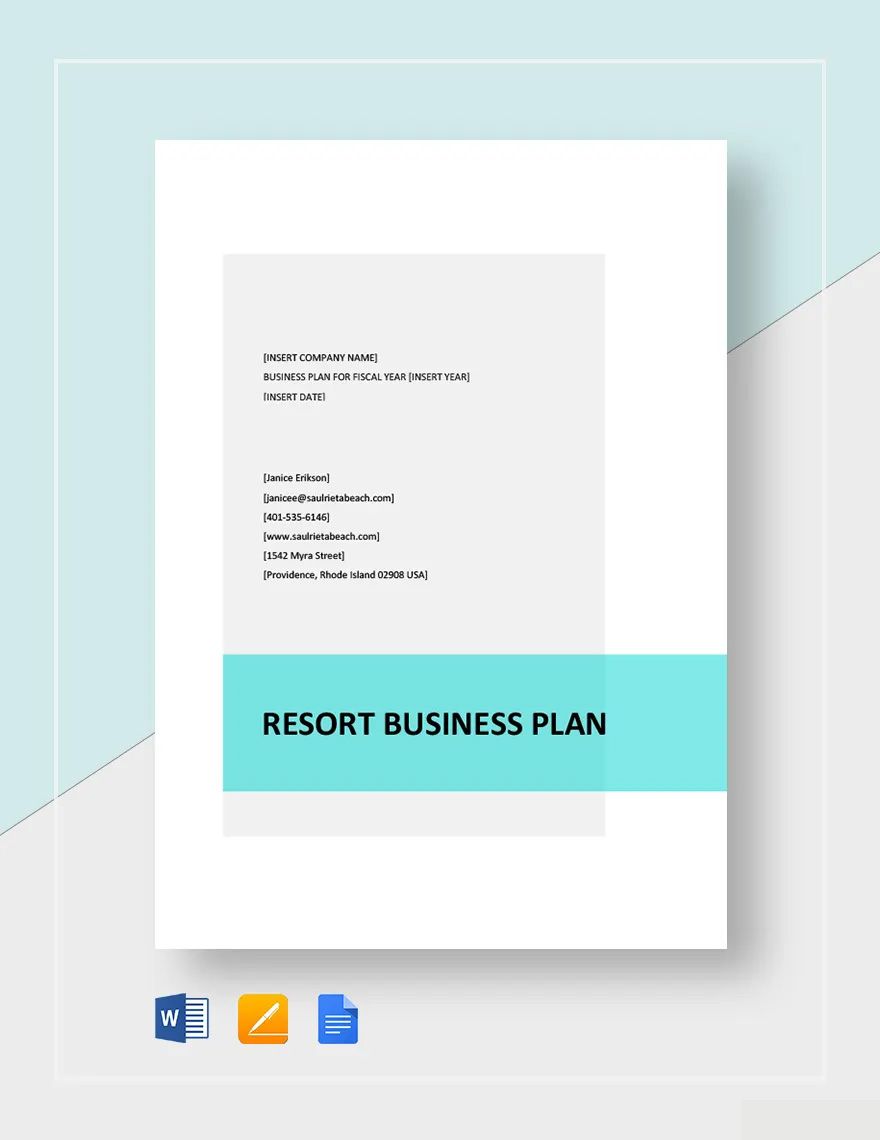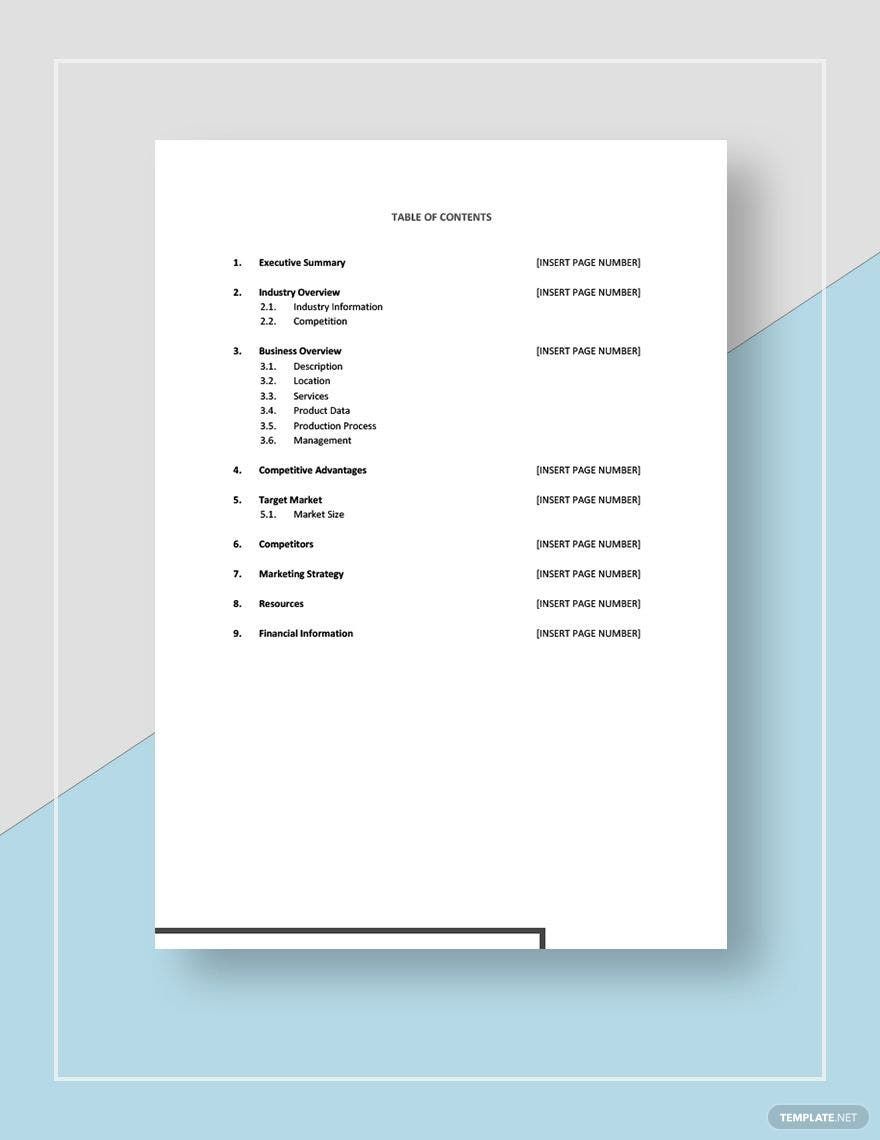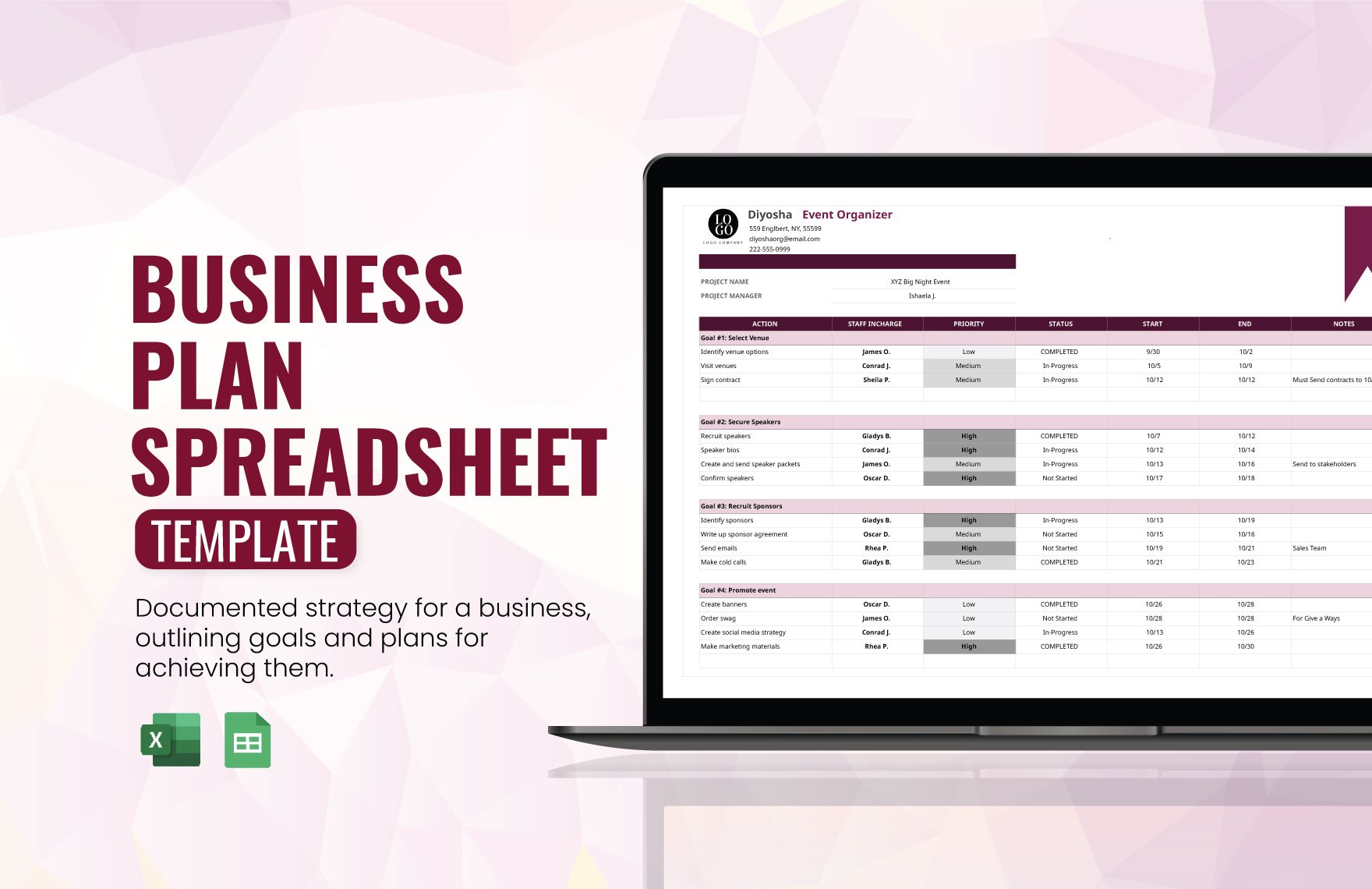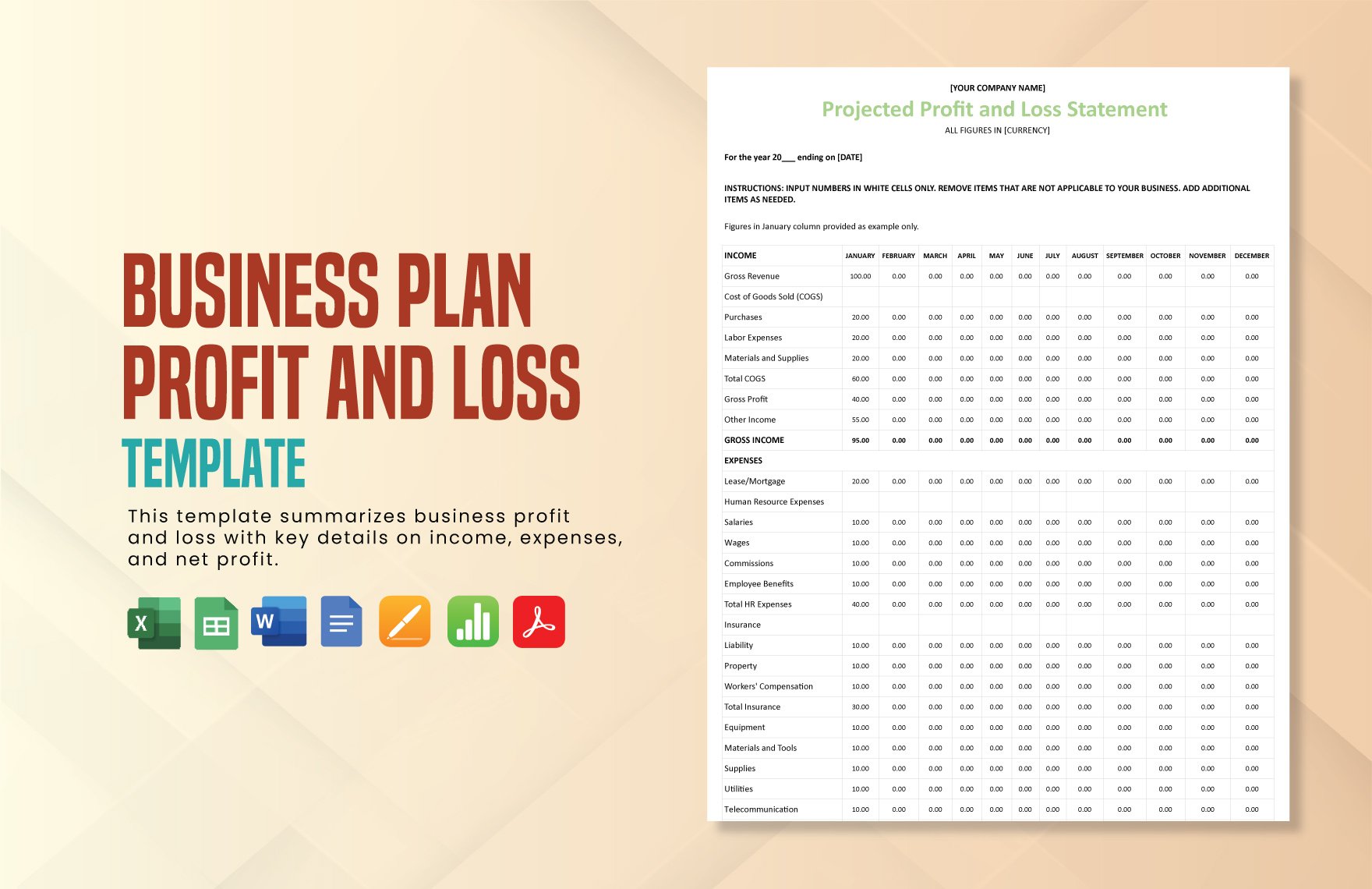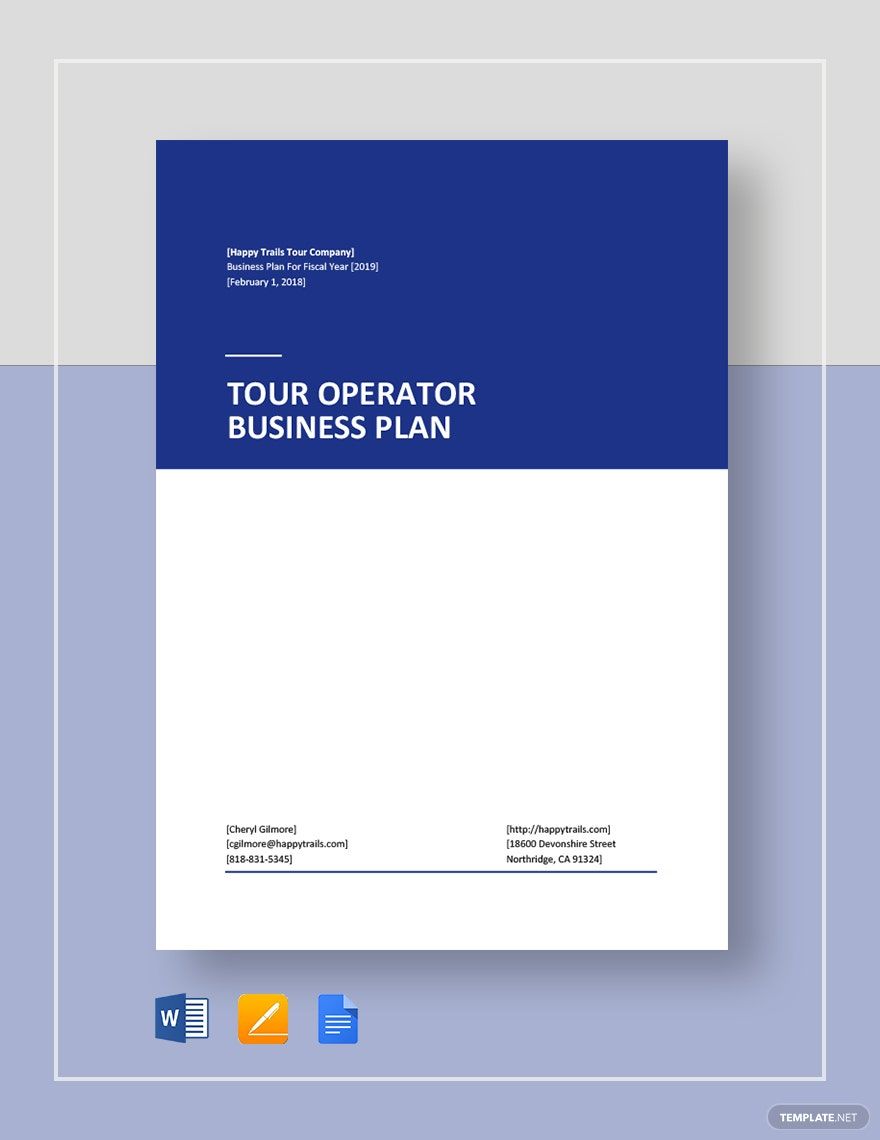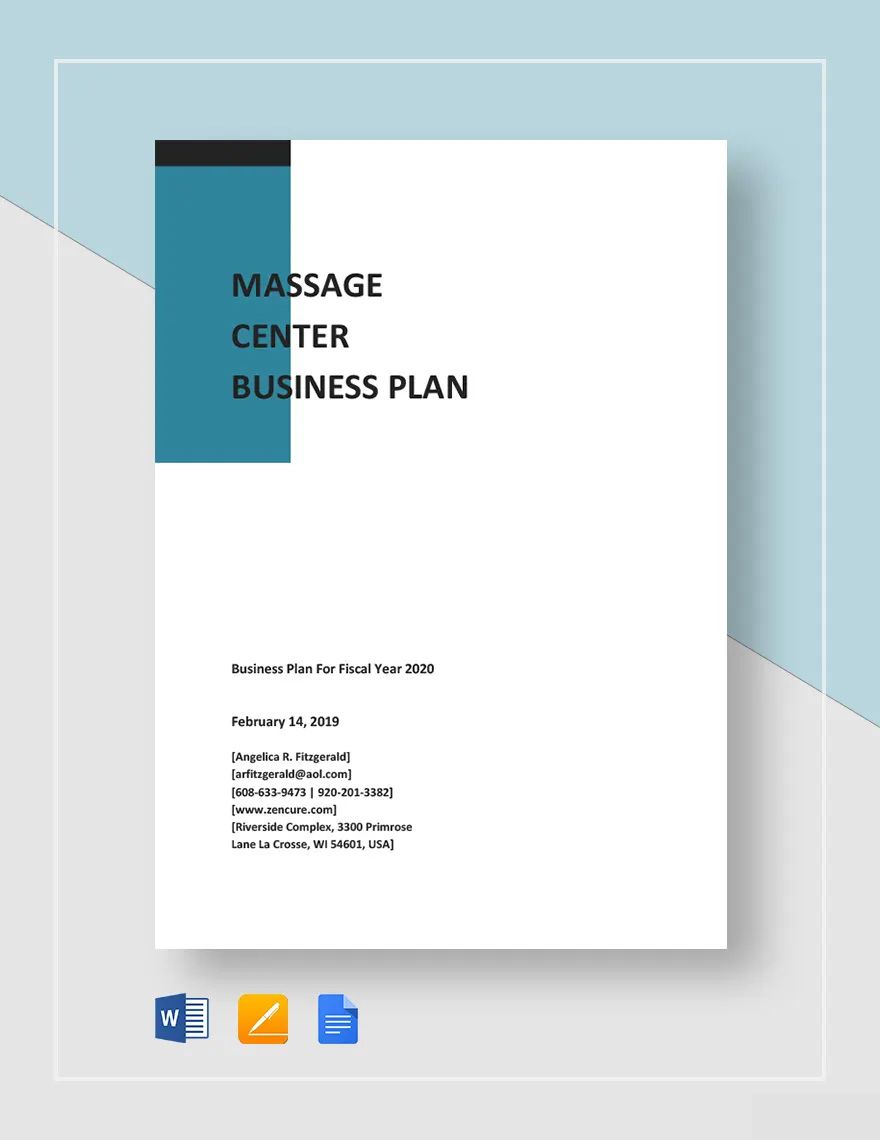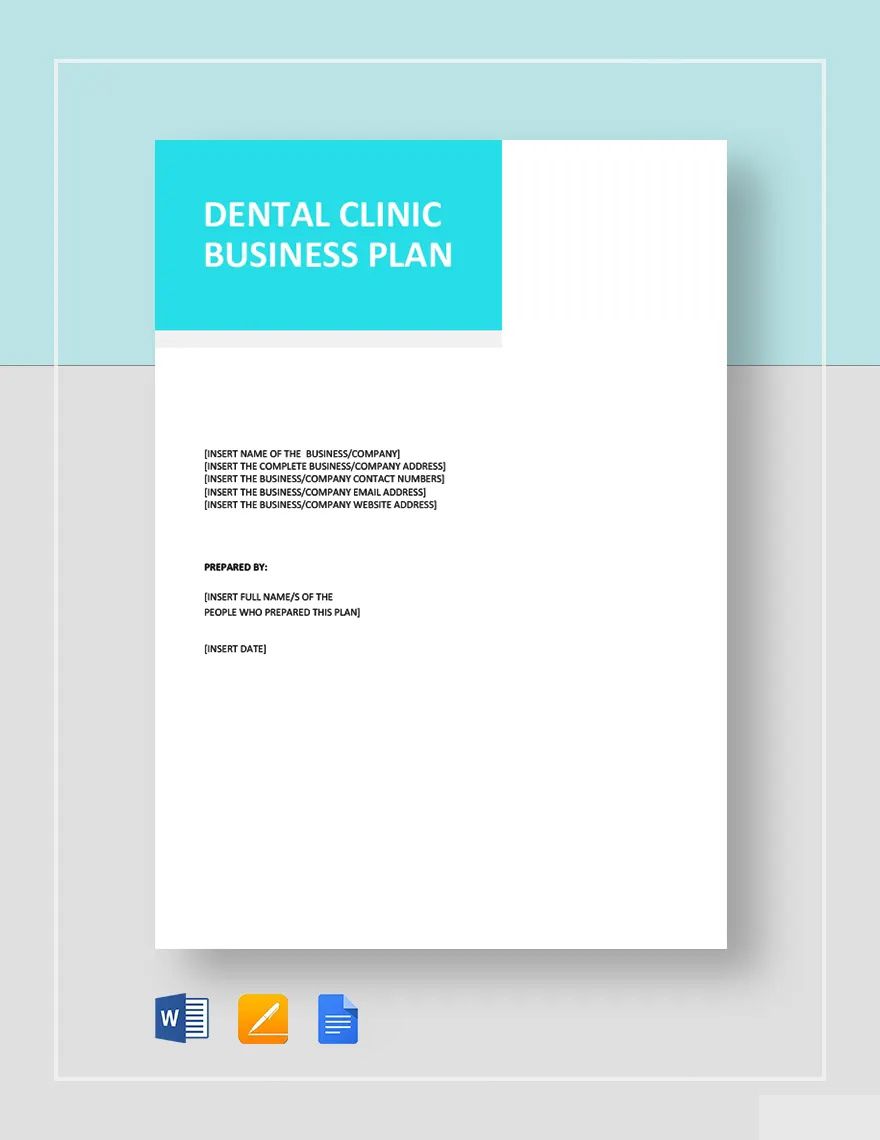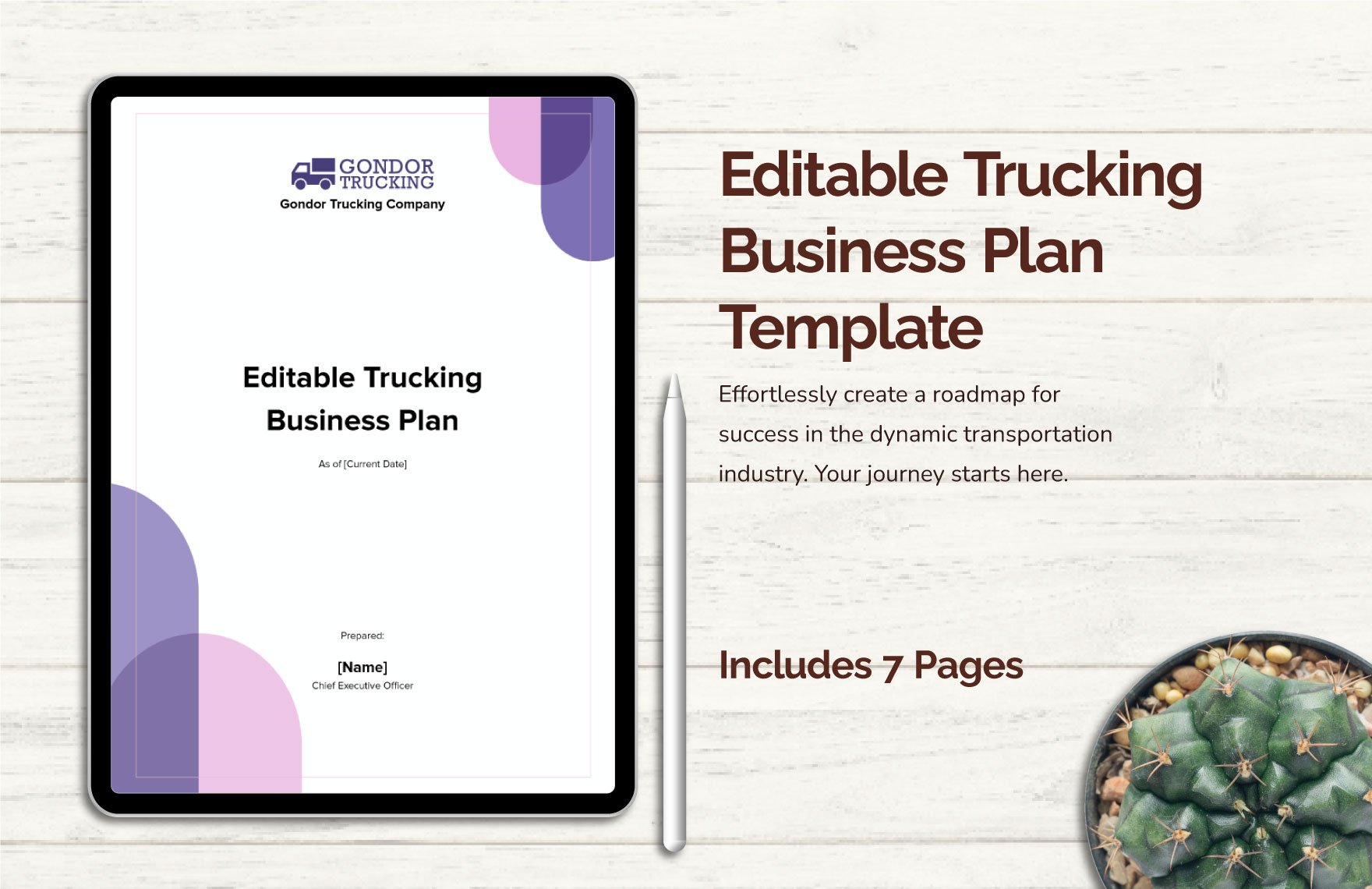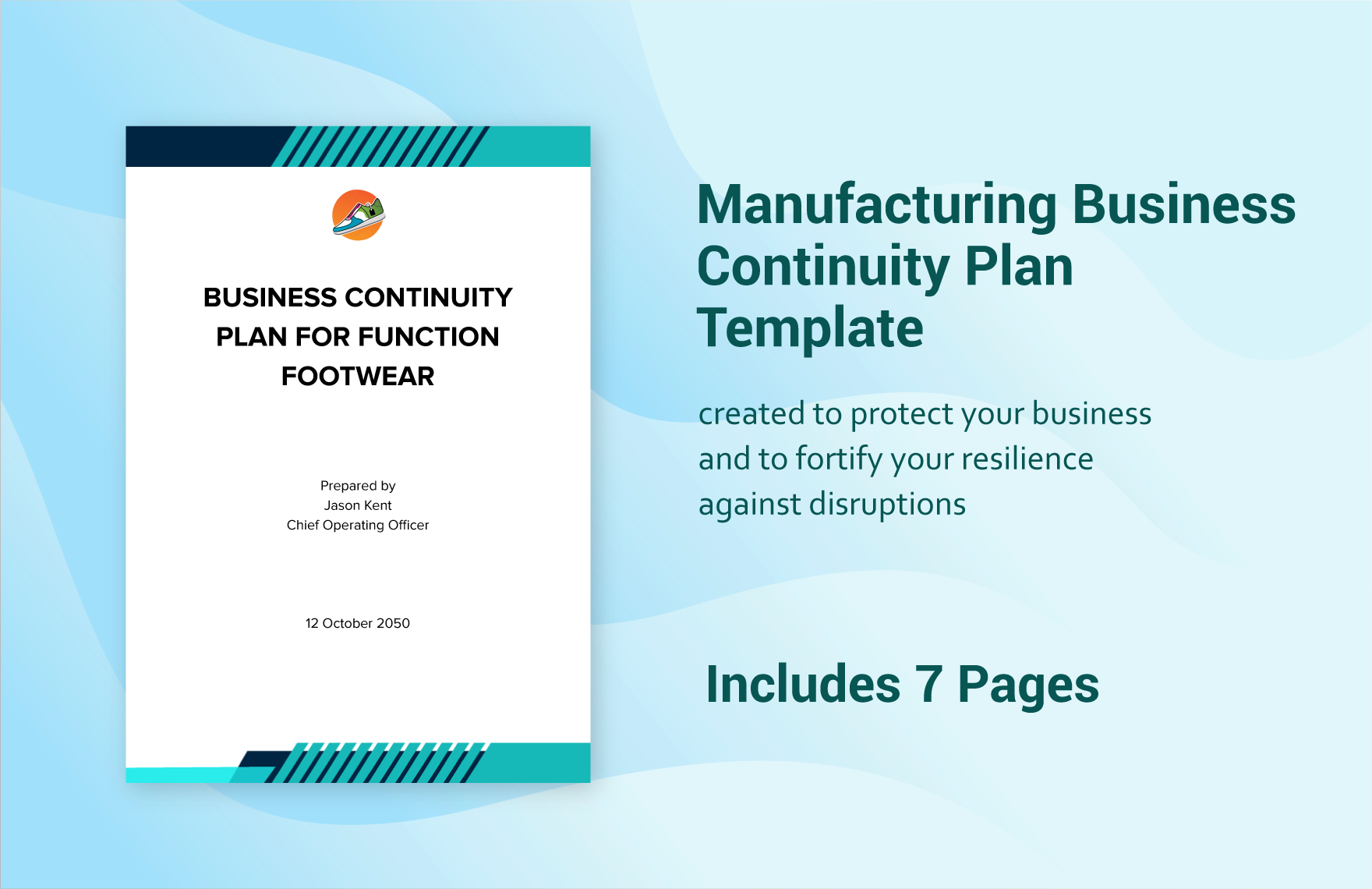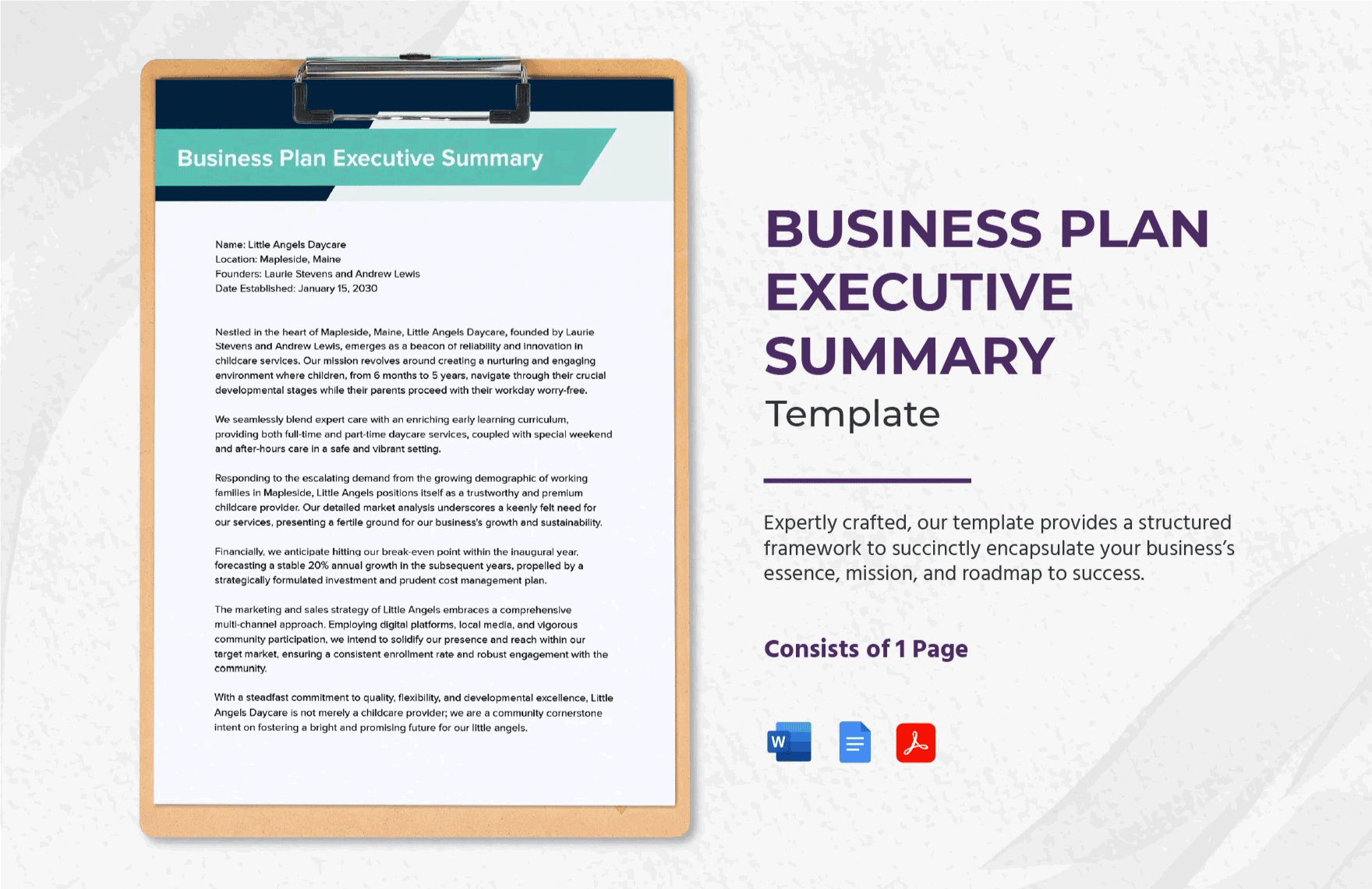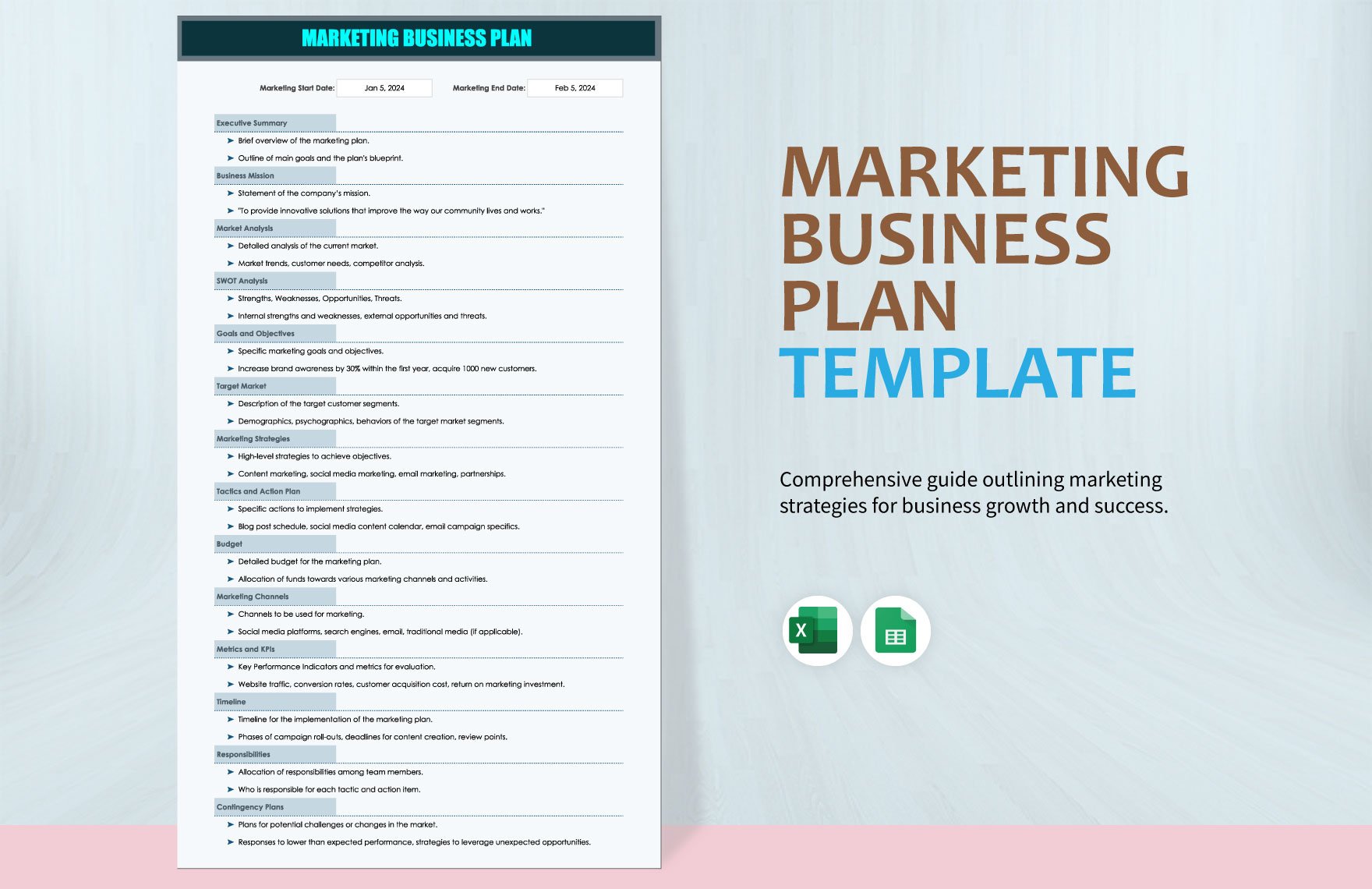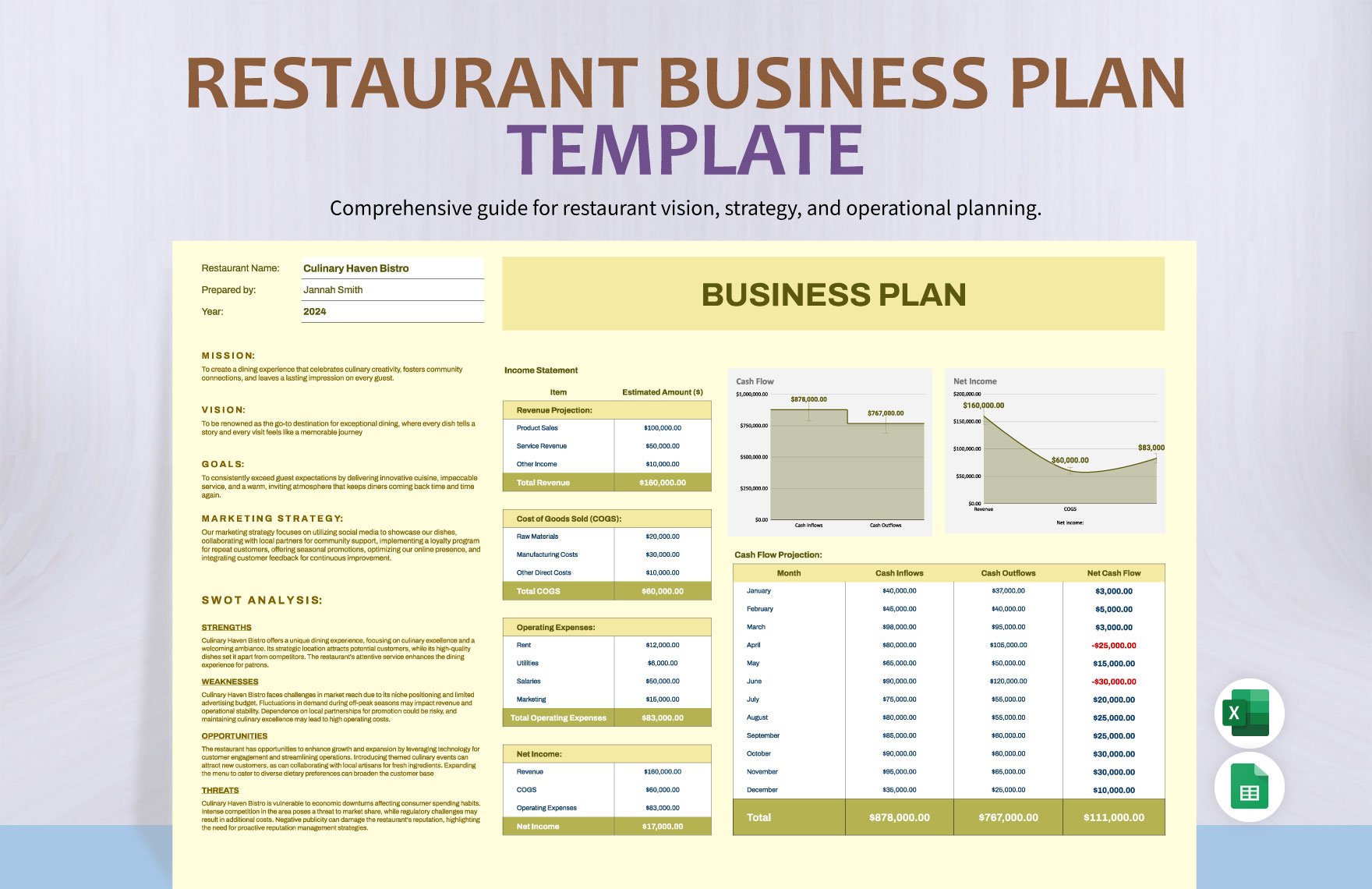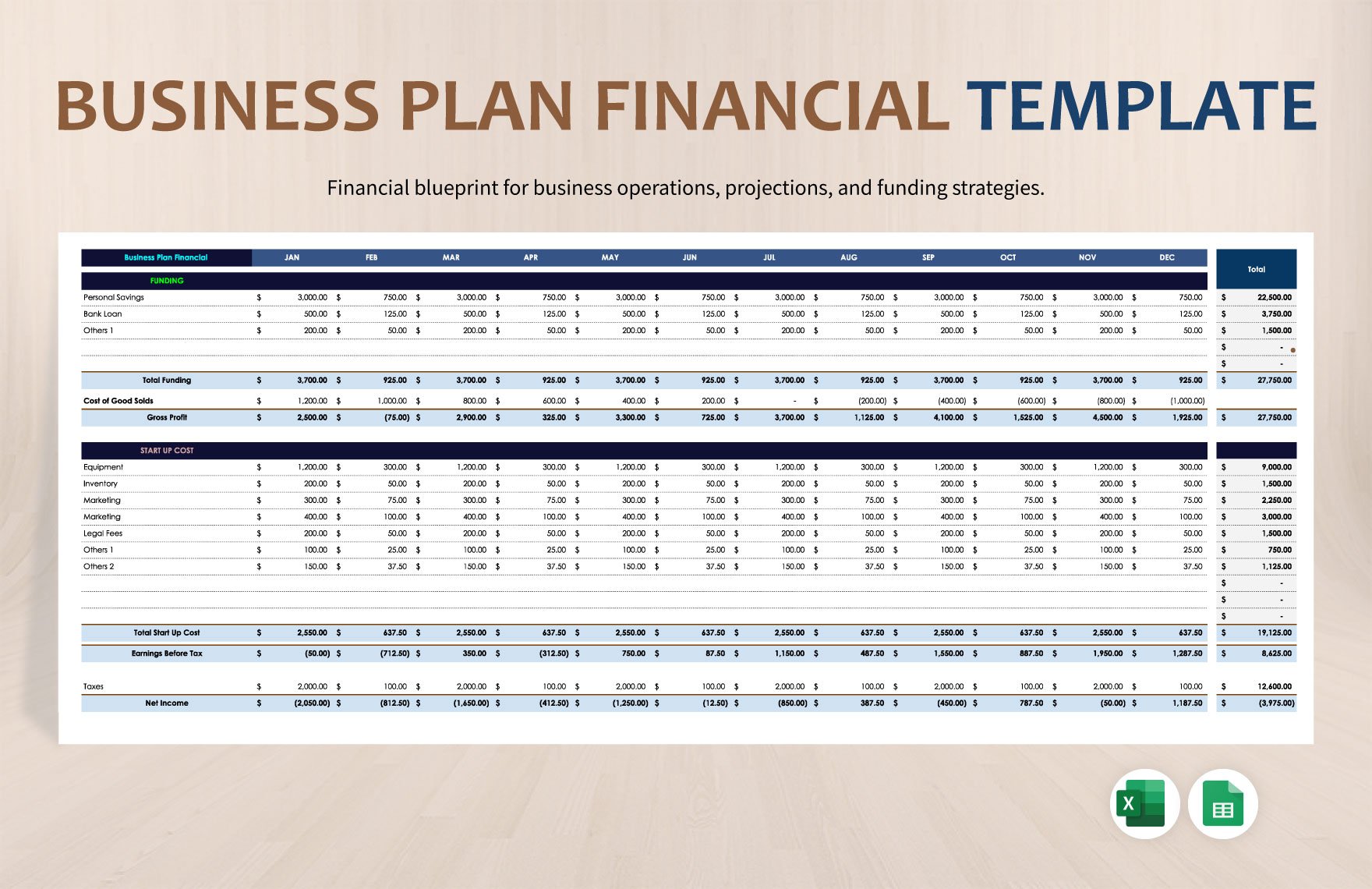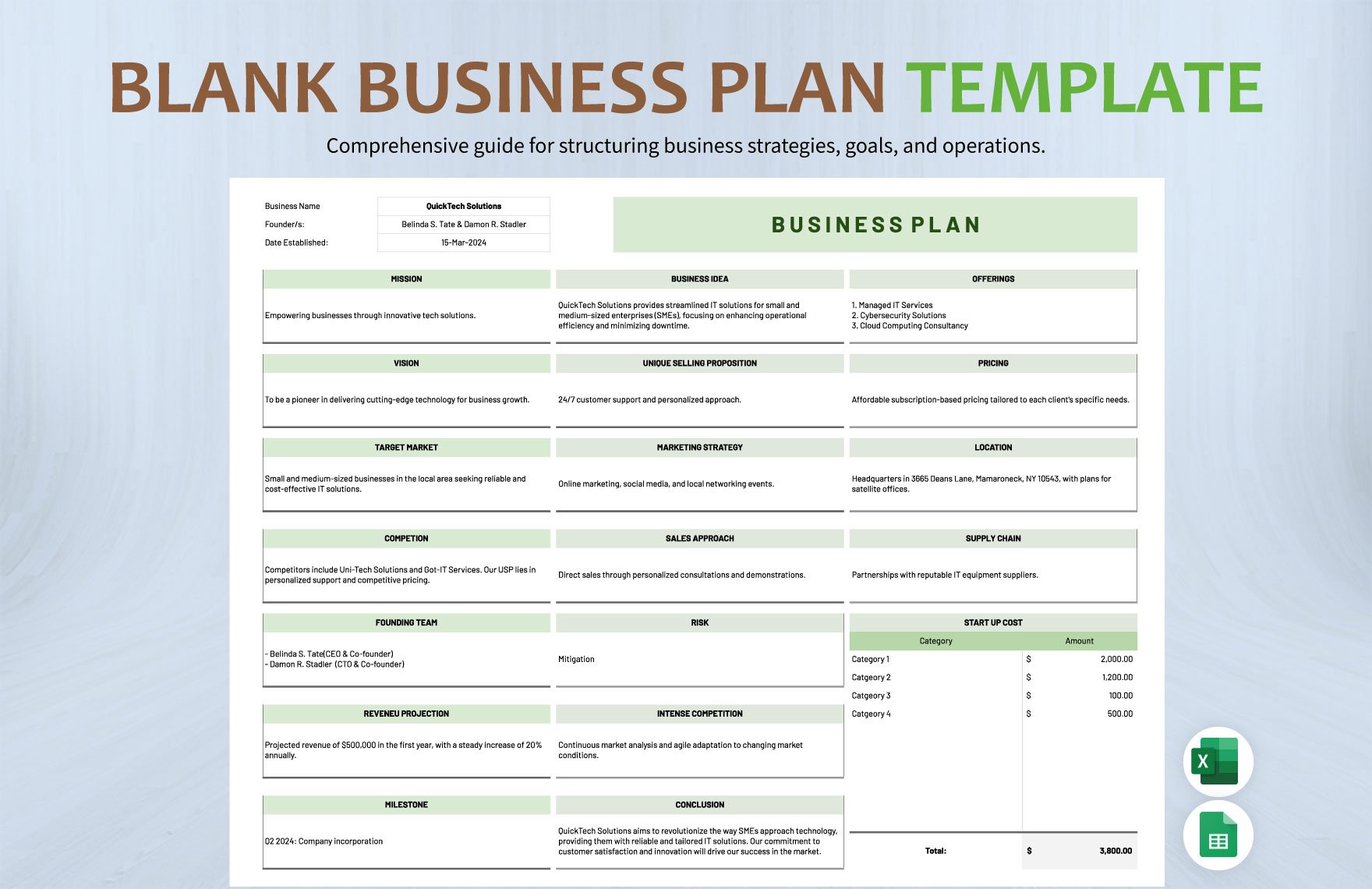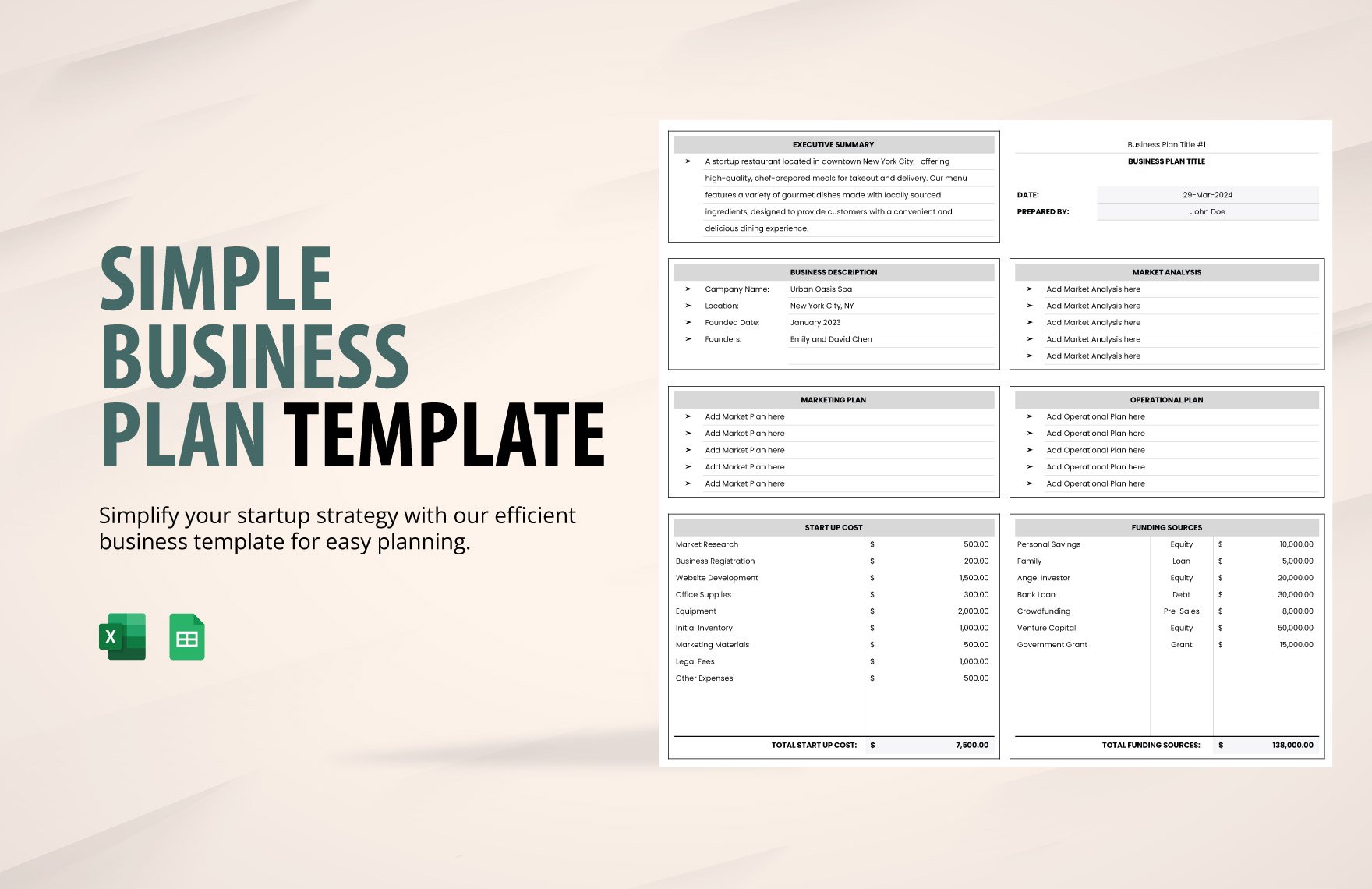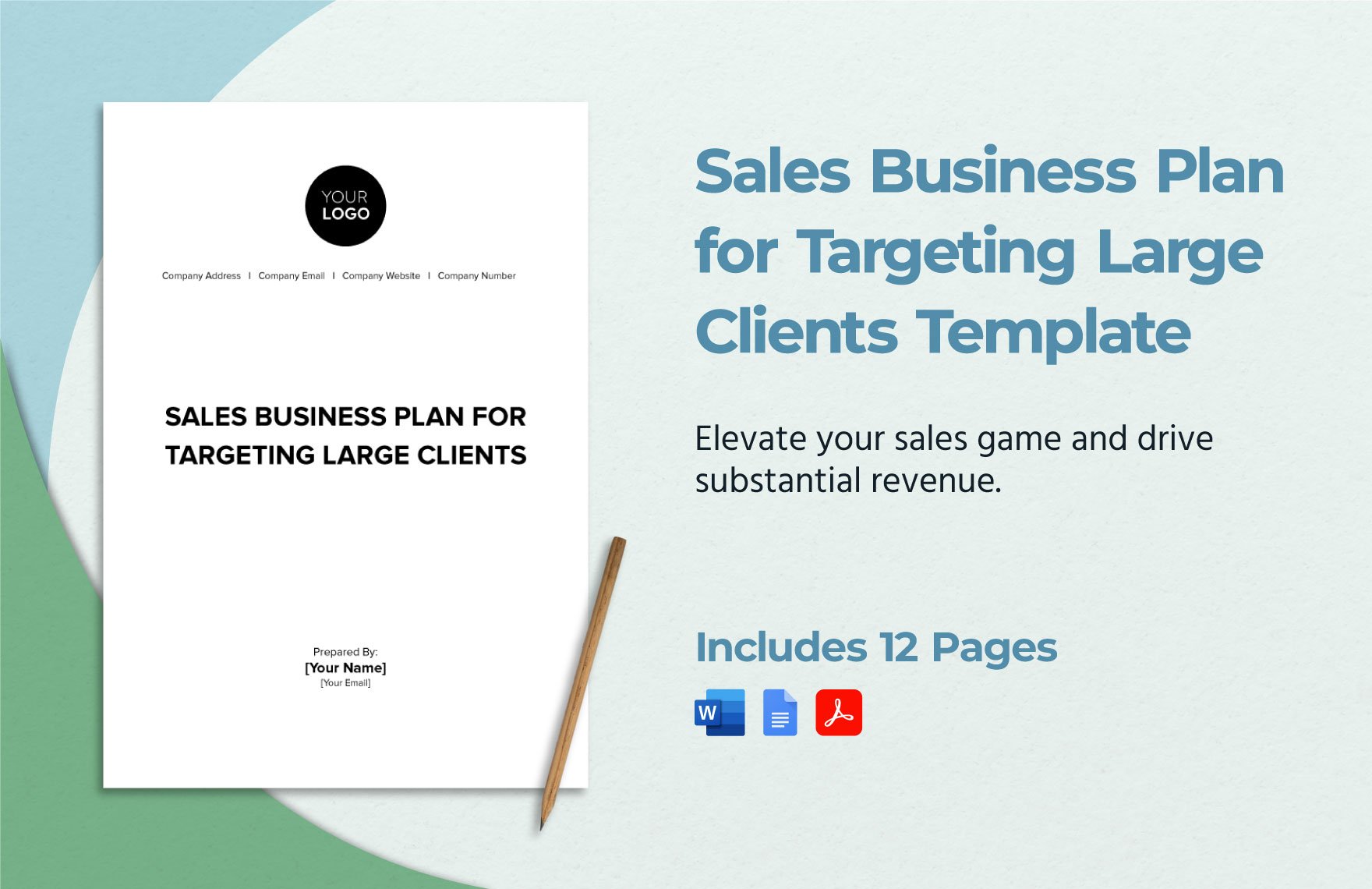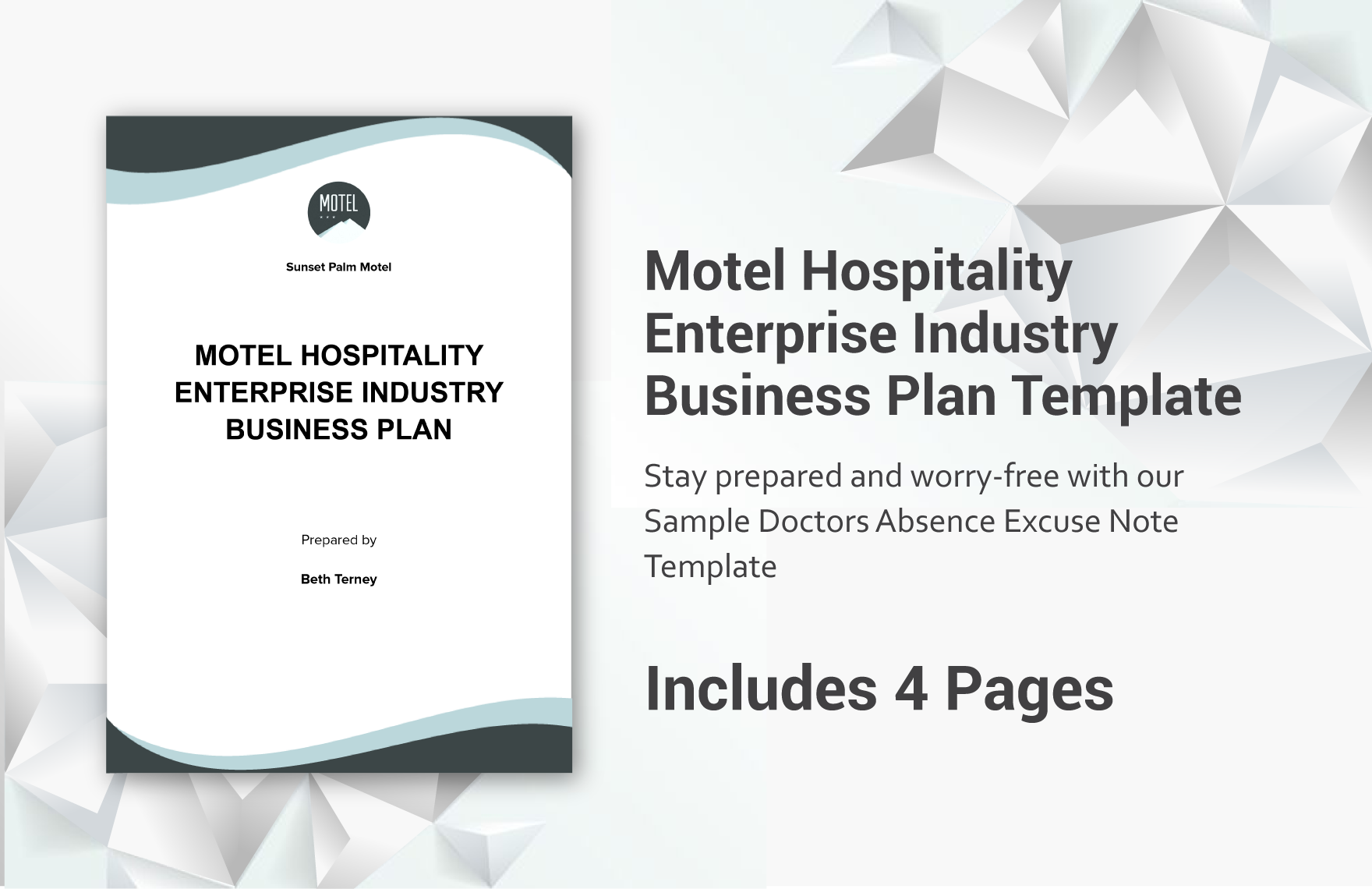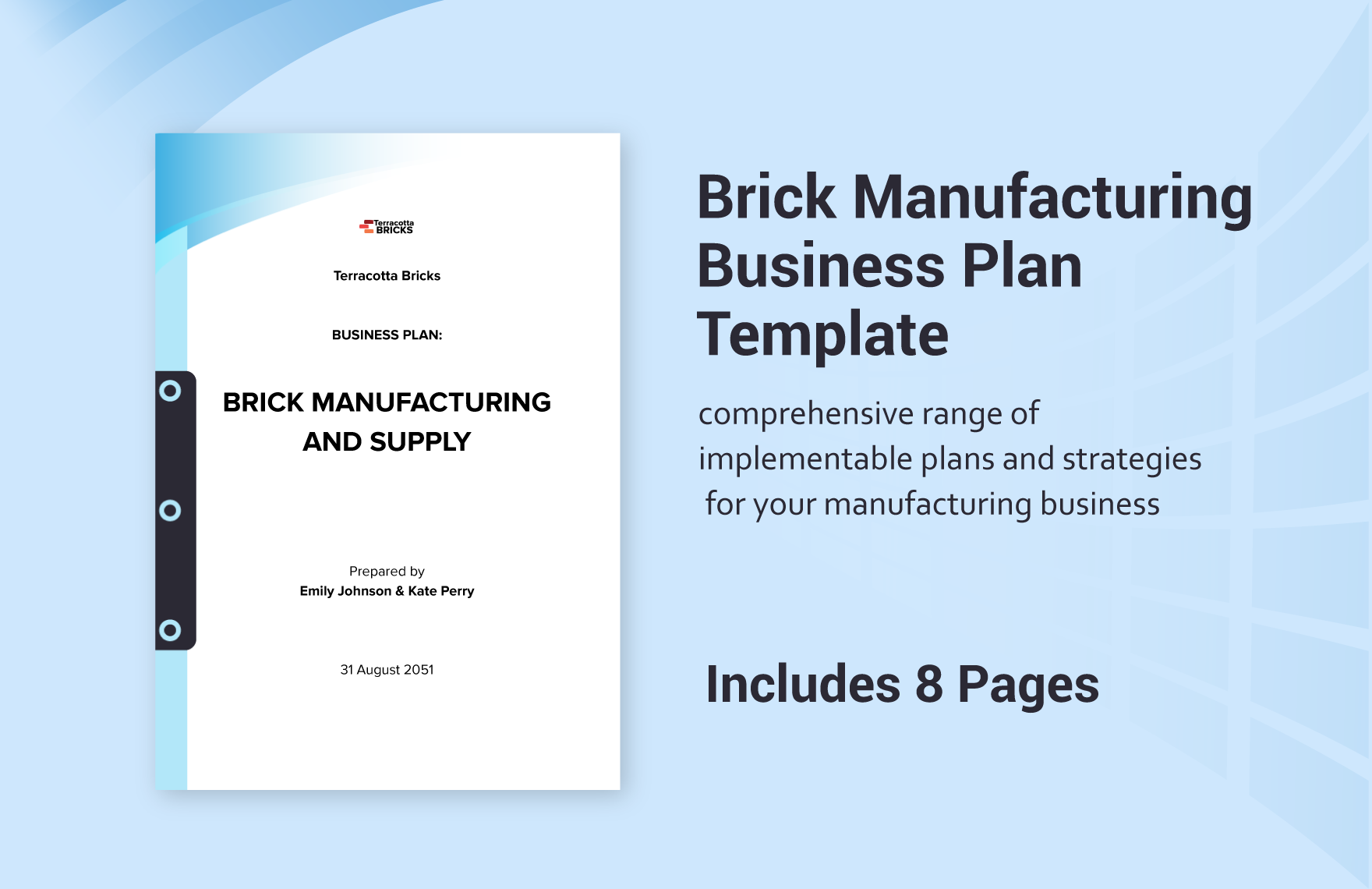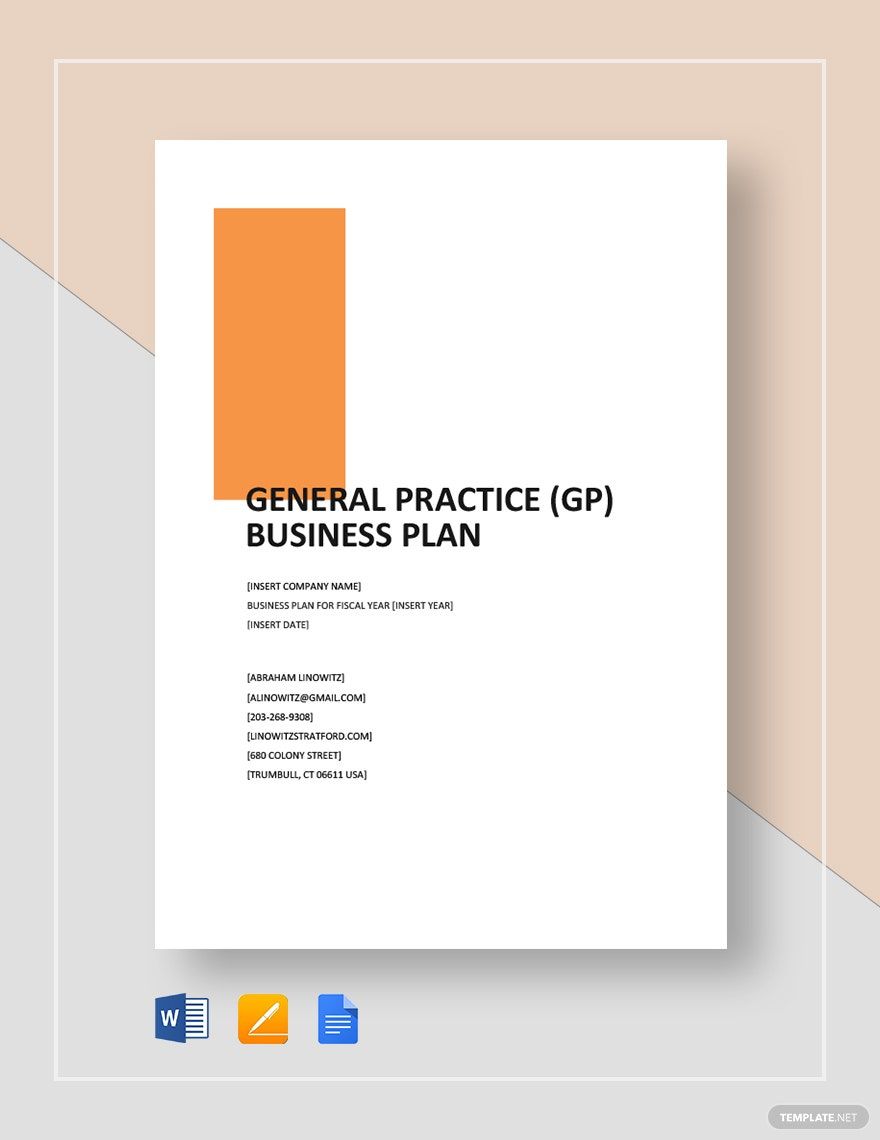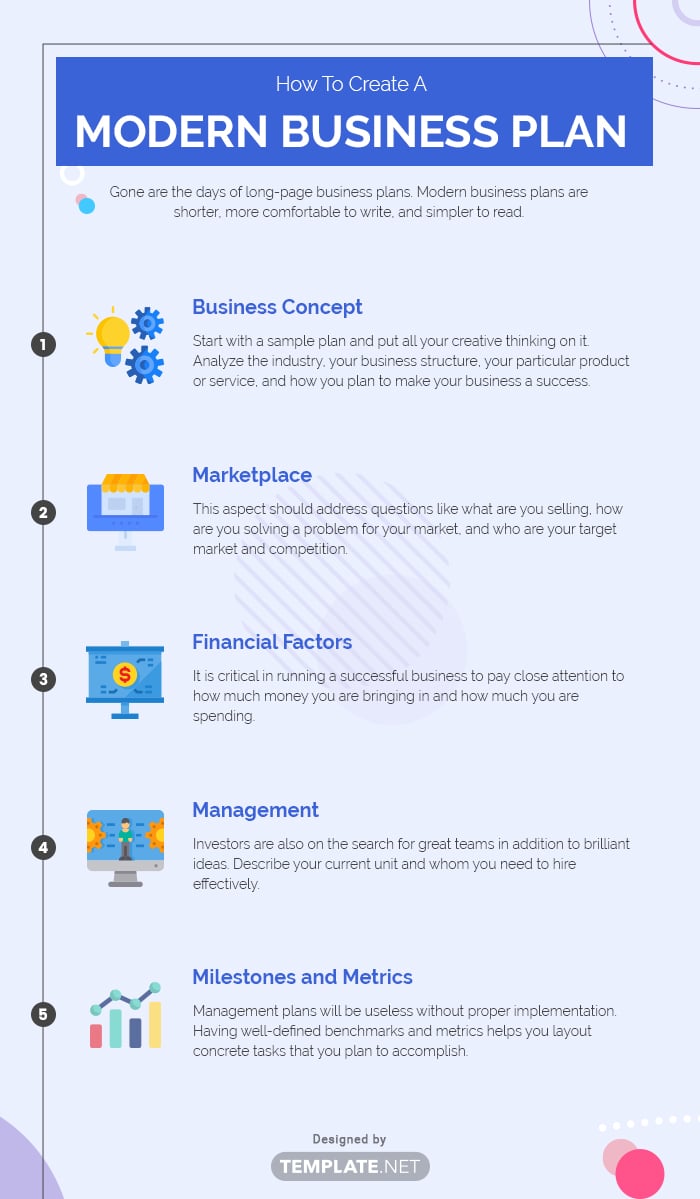Gone are the days of long-page business plans. Modern business plans are shorter, more comfortable to write, and simpler to read. It has that lean characteristic of having few bullet points to focus strategy, tactics, milestones, and responsibilities. It also includes the necessary financial projections you need to plan, such as cash flow, budget, and expenses. Below are some aspects you need to consider in creating a comprehensive, one-page business plan.
1. Business Concept
Start with a sample plan and put all your creative thinking on it. Analyze the industry, your business structure, your particular product or service, and how you plan to make your business a success. Learn more about how most people cook up their business concept, take good ideas, and add innovation to it. However, most of all, come up with a great view of what’s the unique thing about your concept.
2. Marketplace
This aspect should address questions like what are you selling, how are you solving a problem for your market, and who are your target market and competition. Therefore, you need to have a prior target market analysis to describe and examine potential customers for who and where they are, what makes them buy, and so on. Also, you have to define the prospective competitors and how you’ll position yourself to outplay them.
3. Financial Factors
It is critical in running a successful business to pay close attention to how much money you are bringing in and how much you are spending. Having a solid financial plan will help you figure out how much capital your business needs to get started or to grow. According to statistics, 65 percent of small businesses admitted to not being fully confident that they had enough money to start. So, if you are a startup and are seeking funding, you should know precisely how much money to ask for from the bank or investors.
4. Management
Investors are also on the search for great teams in addition to brilliant ideas. Describe your current unit and whom you need to hire effectively. Furthermore, provide a quick overview of your legal structure or organizational chart, location, and history if your business is already up and running.
5. Milestones and Metrics
Management plans will be useless without proper implementation. Having well-defined benchmarks and metrics helps you layout concrete tasks that you plan to accomplish, complete with due dates, and the names of the people to be held responsible. It should also detail the key metrics that you plan to use in tracking the growth and determining the health of your business.

